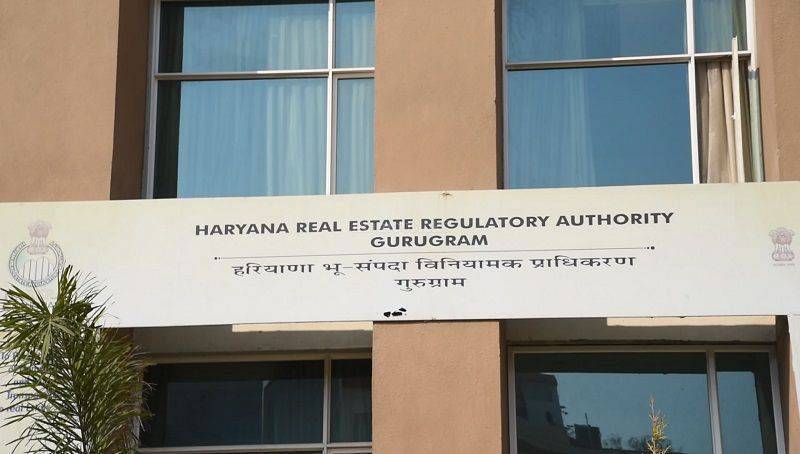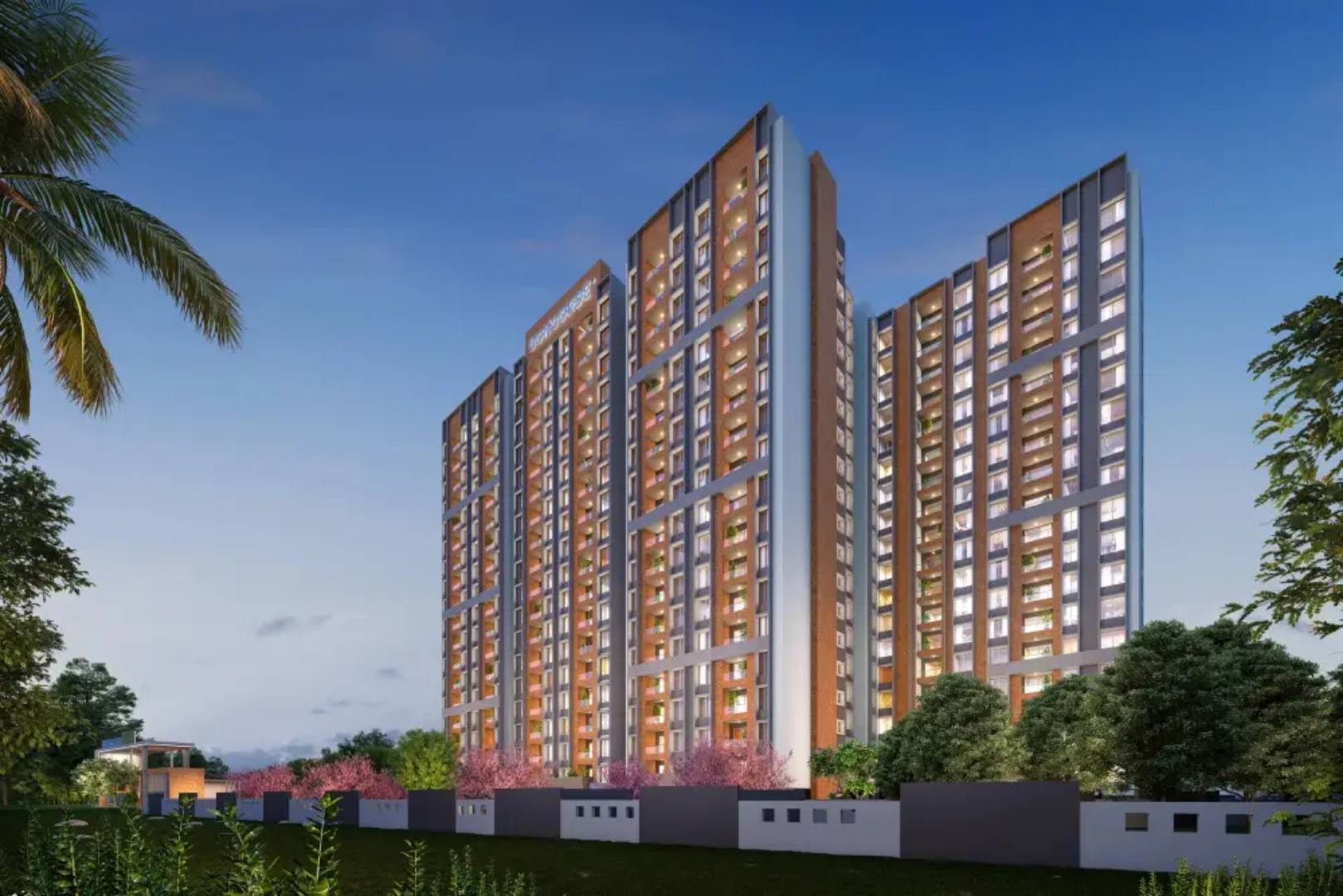The Haryana Real Estate Regulatory Authority (H-RERA) faces a major hurdle in retrieving funds owed to homebuyers by defaulting developers. Established under the Real Estate (Regulation and Development) Act of 2016, H-RERA aims to protect homebuyer interests and enforce accountability within the real estate sector. However, despite numerous recovery orders, a significant amount remains outstanding, and efforts to recover these funds have yielded only limited success.
Current Recovery Efforts and Gaps
- Recovery Certificates Issued: 1,190 by H-RERA
- Total Target: Rs 1,043 crore from defaulting builders
- Recovered: Rs 225 crore across 261 cases
- Outstanding: Rs 800 crore
The initial recovery efforts resulted in Rs 148 crore being retrieved from the issuance of the first 170 certificates, showing some progress but also highlighting a considerable gap between recovered and outstanding amounts. To enhance the recovery process, H-RERA appointed an adjudicating officer, leading to an additional Rs 49 crore recovery from 91 cases. However, despite these attempts, the recovery remains far short of the target, leaving numerous homebuyers still waiting for justice.
Challenges with High-Profile Developers in NCR
One of the most significant issues lies with prominent developers, especially in Gurugram, a prime real estate market within the NCR region. Known for its rapid urban growth and premium projects, Gurugram attracts high-profile developers who are often involved in large-scale residential projects. However, many of these developers have resisted compliance despite legal mandates, further complicating H-RERA’s enforcement efforts.
- High-Priority Defaults: Some developers owe as much as Rs 100 crore.
- Arrest Warrants: Over 200 arrest warrants have been issued against these builders.
Despite these legal pressures, compliance remains low, showcasing the difficulty H-RERA faces in enforcing rulings effectively. These developers, often associated with large residential projects, continue to challenge recovery efforts by maneuvering through legal loopholes and extending the process indefinitely. As a result, homebuyers face long delays in receiving possession of their properties or refunds on their investments.
Homebuyers in Financial Limbo
For homebuyers, the slow recovery has led to years of financial uncertainty. Many invested in residential projects over a decade ago, but with stalled projects and unfulfilled promises, they remain in limbo. The delays have also triggered a sense of frustration and helplessness among buyers who feel sidelined in the process. Having invested life savings into their properties, these buyers continue to face financial obligations, including paying monthly EMIs and rent.
For many, the lengthy legal proceedings and persistent delays in builder compliance have eroded hope of a timely resolution. Buyers frequently report feeling trapped in an endless cycle of court orders, legal proceedings, and unmet assurances from developers, with no clear end in sight.
Shared Experiences of Frustration and Delays
The issue affects numerous homebuyers who recount similar experiences of long delays and unkept promises. Many have patiently awaited possession or refunds but remain in the dark about when or if their investments will be recovered. With frequent legal proceedings and notices sent to developers, the lack of a definitive outcome has made buyers feel that their financial well-being and years of waiting have been disregarded. This shared sentiment has intensified calls for a stronger enforcement mechanism and greater accountability from developers and regulatory authorities.
H-RERA’s Enforcement and Legal Strategies
In response to growing buyer frustrations, H-RERA has attempted to ramp up enforcement efforts by issuing over 200 arrest warrants for non-compliant developers. However, enforcing these orders has proven challenging, with only a small portion—around 20%—resulting in outcomes favorable to homebuyers. Developers often resort to legal strategies to delay compliance, extending the process and making H-RERA’s task even more challenging.
Despite this, H-RERA continues to explore innovative methods to enforce compliance, aiming to bring about timely resolution for homebuyers. H-RERA's leadership has affirmed their commitment to justice, stating that all possible legal measures are being taken to hold defaulting builders accountable. However, with Rs 800 crore still outstanding, the road to full recovery remains challenging and may require more strategic interventions for lasting impact.
Systemic Challenges in Enforcement
The gap between the amounts owed and recovered reflects the broader challenges in enforcing regulatory measures within India's real estate sector. Although the Real Estate Regulatory Act was established to enhance transparency and accountability, H-RERA’s difficulties reveal systemic issues, such as regulatory constraints and persistent developer non-compliance, that obstruct efficient enforcement. These obstacles have significantly impacted homebuyers, many of whom suffer both financially and emotionally due to unfulfilled promises of timely possession. To overcome these systemic challenges and improve recovery outcomes, H-RERA may need stronger support from legal and financial institutions, which could bolster its enforcement capacity and provide more effective relief for affected buyers.
Toward a Stricter Regulatory Framework
This situation highlights the need for more effective recovery mechanisms and a stricter regulatory framework within the real estate sector, particularly in areas like Gurgaon, where many high-profile projects are concentrated. The current scenario underscores that recovery efforts need to be reinforced, perhaps through the involvement of additional legal channels, greater support from financial institutions, and coordination with local enforcement agencies.
Image source- courtexpress.in









.png)